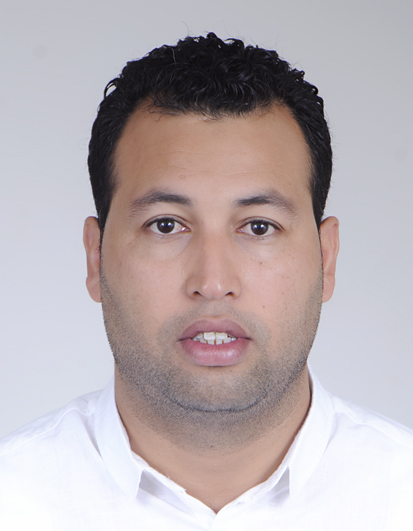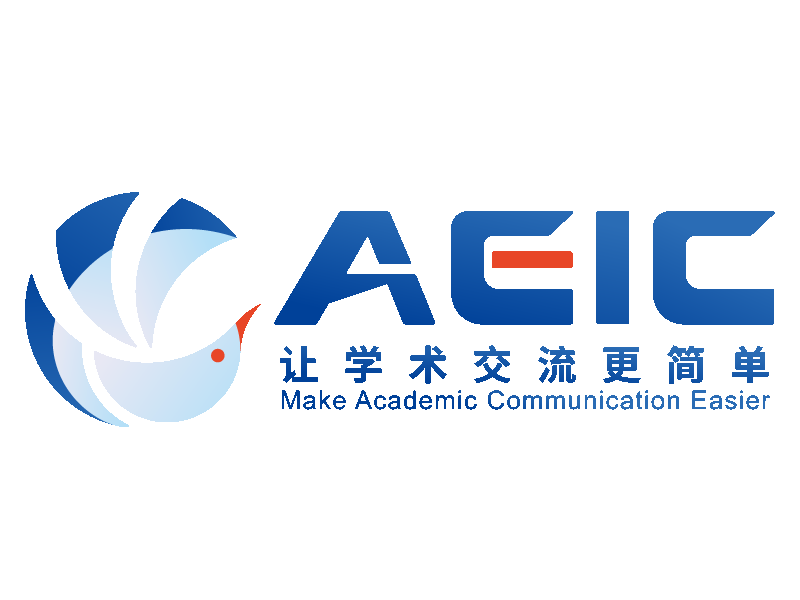Welcome A. Prof. AZIZ Faissal from Cadi Ayyad University, Morocco to be Keynote Speaker!
日期:11/19/2019 点击量: 325次

A. Prof. AZIZ Faissal, Cadi Ayyad University, Morocco (click)
Research Area: Wastewater treatment and reuse, smart irrigation, nanofertilzers
Professor AZIZ Faissal is currently Associate Professor at Department of Biology, Faculty Poly-disciplinary of Safi, University Cadi Ayyad, Morocco. Principal Researcher at the National Center for Studies and Research on Water and Energy of the same University and he is an associate researcher at Functional Materials Division and Nano Characterisation Centre at the Royal Institute of Technology, Sweden. Prof. AZIZ is a Young researcher at MENA NWC (Middle East and North Africa Network of Water Centers of Excellence) in Nanotechnology for water treatment field. Dr. AZIZ supervise six thesis subject on the water treatment and has published over 40 papers and co-edited one book. He coordinates many research projects on wastewater treatment and reuses, nano-fertilizers and agriculture engineering in collaboration with in national and international partners ( France, Netherland, Spain, Sweden, Belgium, Palestine,Tunisia..etc).
He has more than 60 conference and seminar presentations of which more than 10 have been plenary, keynote and invited lectures. He is a member steering committee of the new Water-Energy-Food Nexus Network for Mena region and the Vice-coordinateur of Mediterranean Youth for Water Network (MedYWat), also he is active in several national and international organizations of water treatment.
Title: Assessment of wastewater treatment technologies and promotion of smart irrigation systems in the MENA Region using an eco-friendly gum [MENARA]
Abstract: In general, wastewater treatment plants in Morocco, Tunisia and Palestine are designed to serve residential communities, without taking into consideration the generated wastewater from industrial facilities. The fact that most of the cities in the Arab countries are characterized by lack of infrastructure planning as well as lack of the separation of industrial areas from residential communities. This drives local municipalities to connect and mix the industrial facilities with municipal wastewater network and transfer them to the central wastewater treatment plants. This leads to impacts on competencies of these wastewater treatment plants and their removal efficiencies. The final treated wastewater will be unsuitable to be used for agricultural purposes as was planned because it contains huge quantities of heavy metals and some industrial pollutants. Therefore, as a partial solution to this dilemma, the idea of research depends on the use of Superabsorbent Polymer technology [SPT] which could be manufactured at laboratory level. SPT has the ability to absorb high-quantities of industrial pollutants both organic and inorganics. We argue that SPT has a promising application potential to help local municipalities find environmentally sound solutions to reduce the fate of organic and inorganic residues from reclaimed water.
This smart irrigation system using eco-gum and recycling reclaimed water aimed at water-food security and water resources protection. Through this project, we will validate the wastewater treatment technology that is suitable for our geographical context for the reuse in agriculture and economic study of farmer ability to pay for irrigation by TW. On the other hand, an economic study of hydrotentent commercialization to farmers and agriculture companies will be considered.






